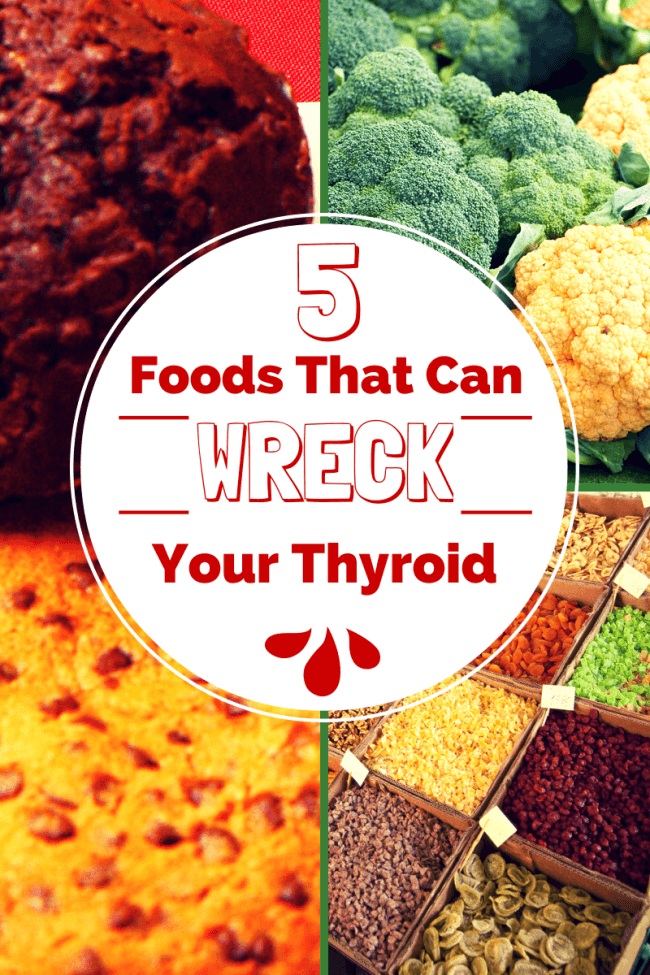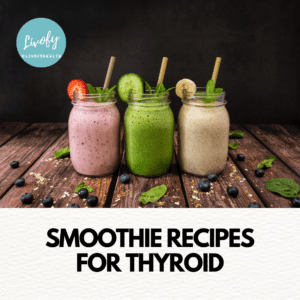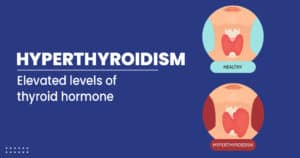When it comes to managing your hypothyroidism, the most important thing that you put into your mouth each day is probably your hormone replacement medication. But certain foods, supplements, and medications can interfere with your thyroid medication or otherwise affect your health, so it’s helpful to be aware of what to avoid and what to approach with caution.
A person’s diet can have an effect on the symptoms of hyperthyroidism. Some foods can improve the condition, while others can make symptoms worse or interfere with medications.
Eating smart can help you feel better despite the condition.
Here are some Foods To Avoid If You Have Thyroid:
Below mentioned are the foods that can be harmful to people with hyperthyroidism if they eat them in large quantities!
1. Fatty Foods Such as Butter, Meat, and All Things Fried
Fats may also interfere with the thyroid’s ability to produce hormones as well. Some healthcare professionals recommend that you cut out all fried foods and reduce your intake of fats from sources such as butter, mayonnaise, margarine, and fatty cuts of meat. Fats have been found to disrupt the body’s ability to absorb thyroid hormone replacement medicines!
2. Be cautious about taking antacids
3. Sugary foods
Hypothyroidism can cause the body’s metabolism to slow down. That means it’s easy to put on pounds if you aren’t careful. You have to avoid foods with excess amounts of sugar because it’s a lot of calories with no nutrients. It’s best to reduce the amount of sugar you eat or try to eliminate it completely from your diet.
4. Limit your soy consumption
5. Gluten
Research suggests that autoimmune thyroid disease, including Graves’ disease, is more common among people who have celiac disease than among those who do not. Celiac disease causes damage to the small intestine as a result of the ingestion of gluten. Gluten is a protein in wheat, barley, oats, and rye.
People with celiac disease need to follow a gluten-free diet. Some research suggests that following a gluten-free diet may facilitate better absorption of thyroid medications by the intestine and decrease inflammation.
Conclusion
People should follow their treatment plan and any dietary recommendations from their doctor. Changing the diet might improve symptoms of hyperthyroidism. Certain nutrients may help support healthy thyroid function or decrease hyperthyroidism symptoms.
A doctor or dietitian will be able to provide more information about dietary changes for hyperthyroidism.
Get started with your Weight Loss Journey today and take a step towards a healthy lifestyle! Stay tuned for inspiring Weight Loss Journeys, and Delicious Recipes! Also, don’t forget to follow us on Instagram for the daily dose of Health, and Wellness content!









